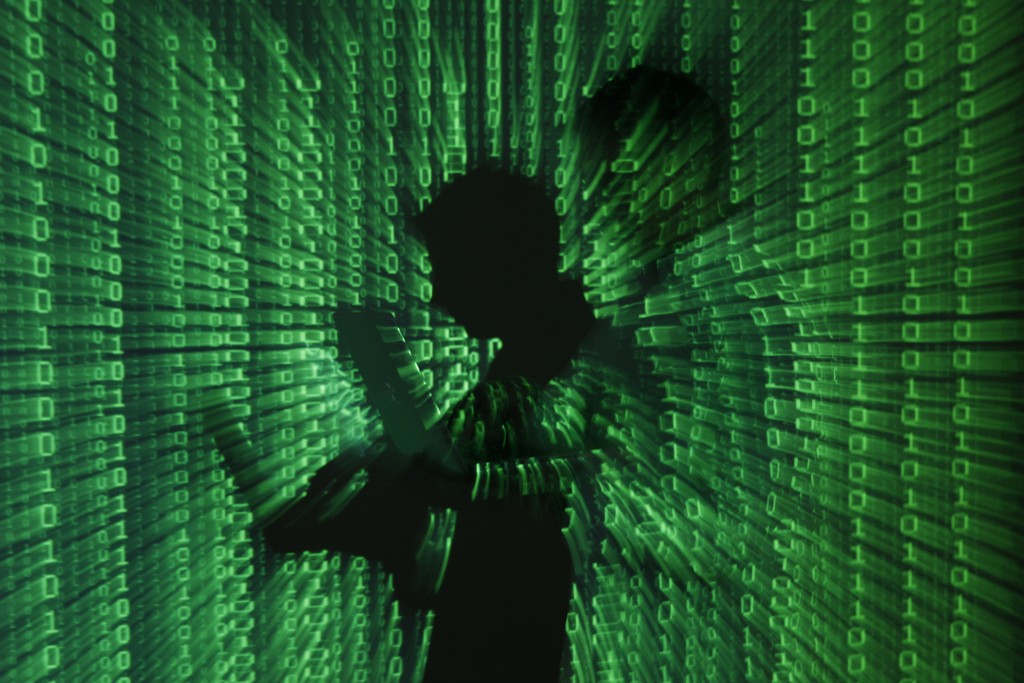Computer Hacktivism Does More Good Than Harm

CON (5 arguments)
POIs:
1. Do you think that hacktivism and hacking will force governments to increase their security and make their online security systems better?
Hacktivism increases the need for better government security, to prevent hacktivists from hacking onto their files. If a document is a secret, then a government will go through all means possible to keep it a secret. And because of hacktivists prowling secret and classified files for potential documents to leak, governments are forced to become even more secretive. There would be a decrease in openness and sharing even within the U.S. government. People will spend more time being paranoid, and governments will waste more effort on more elaborate security procedures.
Hacktivism is a violation of the right to privacy. Everyone has the right to hide their own information and keep it secretive, away from others. Hacktivism often takes the private information of the people, as shown in the case of Sony, directly violating the right to privacy.
A Metaphor: Hacking and stealing personal information is like someone breaking into your house and stealing your files and credit cards. Judge, “hacktivism” is just a fancy word used to disguise illegal online behavior that would not be tolerated in the real world.
The idea of a right to privacy was first addressed within a legal context in the United States. Louis Brandeis and another young lawyer, Samuel D. Warren, published an article called 'The Right to Privacy' in the Harvard Law Review in 1890 arguing that the constitution and the common law allowed for the deduction of a general "right to privacy”
Hacktivists can shut down entire networks, servers, and websites of a business. This contributes to an angry people who desperately need the business for personal reasons. This has been evidence in several cases.
Caused by the hacktivist group Anonymous, Sony suffered a massive breach in its video game online network that led to the theft of names, addresses and possibly credit card data belonging to 77 million user accounts in what is one of the largest-ever Internet security break-ins. The "illegal and unauthorized person" obtained people's names, addresses, email address, birth dates, usernames, passwords, logins, security questions and more, Sony said on its U.S. PlayStation blog on Tuesday. Alan Paller, research director of the SANS Institute, said the breach may be the largest theft of identity data information on record. "This is a huge data breach," said Wedbush Securities analyst Michael Pachter, who estimated Sony generates $500 million in annual revenue from the service. "The bigger issue with Sony is how will the hacker use the info that has been illegally obtained?"
Hacktivism can hurt the people and it has a negative impact on them. Whether they receive viruses, spam, or malware, hacktivism is not a beneficial thing, even if it sends some sort of political message.
The Dog Wars mobile game for the Android operating system has generated opposition from animal lovers, and someone has done something about it. A malicious app masquerading as a version of the game has been found by Symantec that sends embarrassing text messages from the user’s phone.
“It’s public shaming,” said Kevin Haley, a director of Symantec Security Response. He described the malware, named Android. Dogowar, as “more clever than sophisticated. In the old days they used to put people in the stocks. Now somebody is using an Android app for it.”
Once started, the app sends text messages to numbers in the user’s address book saying, “I take pleasure in hurting small animals, just thought you should know that.” It also sends a text to a number that signs the user up for a text-alert service operated by People for the Ethical Treatment of Animals.
Hacktivists are frequently looked for and arrested in every country. It is this capturing of hacktivists that takes a lot of time away from other important things. Police have to spend hours and days looking for any bit of evidence to find a hacktivist and then arrest them for their illegal hacking.
In December 2010, the Dutch police arrested a 16-year old for cyber attacks against Visa, MasterCard and PayPal in conjunction with Anonymous' DDOS attacks against companies deemed to lack support for Wikileaks. In January 2011, the FBI issued more than 40 search warrants in a probe against the Anonymous attacks on companies that did not explicitly support Wikileaks. In January 2011, the British police arrested five boys and men between the ages of 15 and 26 with suspicion of participating in Anonymous DDOS attacks. Matthew George, a Newcastle, New South Wales resident, concerned with forthcoming Australian internet filtration legislation, was arrested for his participation in Anonymous DDOS activities. There have also been searches and arrests in countries like Spain, Turkey, and all around the US.
CNN, El pais.com, Sydney Morning Herald, Wired.com, The UK Times, National Nine New